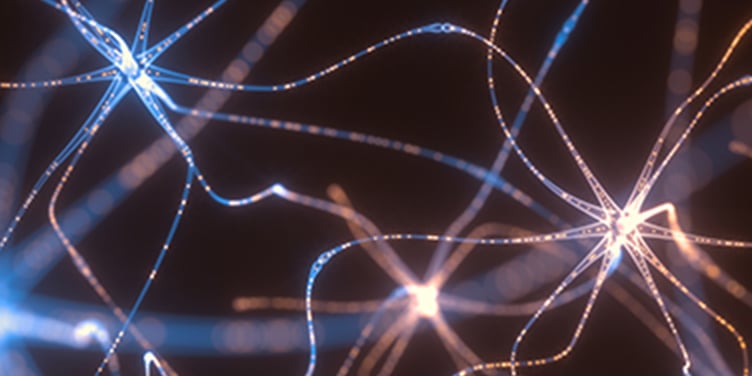
Hemophilia
Hemophilia is a bleeding disorder caused by a lack of blood clotting factor. The disorder can be mild, moderate or severe, depending on the level of clotting factor. More than 15,000 people in the United States have hemophilia.
The condition is usually inherited from a parent with a genetic mutation. However, in about a third of patients, there is no family history of the disease and the disorder is caused by a new genetic mutation. Although most children with hemophilia have signs of bleeding during infancy or childhood, some people with mild hemophilia may not have symptoms until they're adults.
Types of Hemophilia
The most common type of hemophilia, caused by a lack of clotting factor VIII, is called hemophilia A, or classic hemophilia. The second most common type is caused by a lack of clotting factor IX, and is called hemophilia B, also known as Christmas disease, named after Stephen Christmas, the first person diagnosed with the factor IX deficiency.
Hemophilia A and B occur almost always in males. A third, very rare type of hemophilia, sometimes called Hemophilia C, is caused by a lack of clotting factor XI, and occurs in both males and females.
Causes of Hemophilia
Hemophilia A and B are caused by genetic mutations in the gene for factor VIII or factor IX. Mutations are abnormal changes that occur in a gene. The gene for factor VIII and factor IX is located on the X chromosome, making Hemophila A and B X-linked disorders. As such, one copy of the abnormal factor VIII or factor IX gene results in hemophilia in males, and a carrier state in females.
When there is a family history of hemophilia, the mother usually is a carrier and half of her sons and some of her male relatives will have hemophilia. If there is no family history of hemophilia, the disorder is due to a new mutation that occurred either in the affected individual or in the individual's mother, whose carrier state may have gone unnoticed.
Our Approach to Hemophilia
As a federally designated hemophilia treatment center, UCSF provides the full range of services – including diagnosis, treatment, counseling and education – to patients with all types of hemophilia.
We believe in treating the whole person. We emphasize listening to our patients and developing personalized care plans that address all the medical and emotional aspects of living with a bleeding disorder.
Awards & recognition
-

Among the top hospitals in the nation
-

Designated hemophilia treatment center (Centers for Disease Control and Prevention)
UCSF Health medical specialists have reviewed this information. It is for educational purposes only and is not intended to replace the advice of your doctor or other health care provider. We encourage you to discuss any questions or concerns you may have with your provider.





